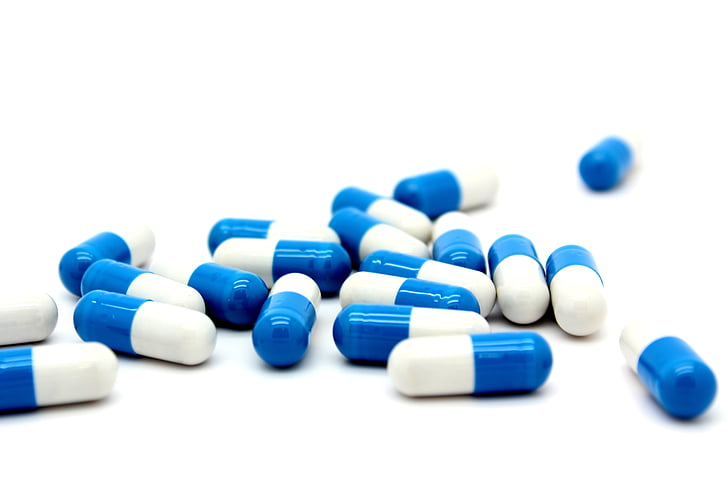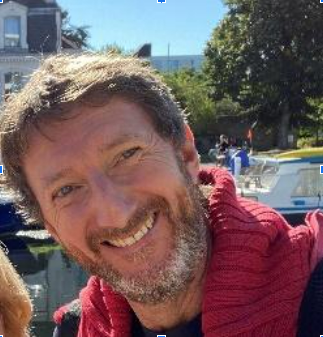
- This event has passed.
Workshop – Chasing optimum First-in-Human dose

09h00-09h30
Welcome Coffee
09h30-10h00
Introduction: Set up the scene on FIH dose selection: Regulatory environment and beyond
 Virginie Boulifard, Ipsen
Virginie Boulifard, Ipsen
Selection of the FIM starting dose for a new NME is a critical aspect of early clinical development. Too high of a starting dose can put subjects at risk for serious toxicity. In contrast, too low of a starting dose can increase the number of dose cohorts required to reach the therapeutic range, which can increase risk by exposing more healthy volunteers (HVs) to the drug or deny potential benefit to patients by administering subtherapeutic doses, as well as increasing the overall time and expense of the development program.
Over the past 15 years, regulatory guidance shaped in part by adverse clinical trial events has led to the current approaches for FIH dose selection.
To assist in a data-driven and risk-based process for FIH starting dose selection, various factors such as safety, pharmacokinetics, and pharmacodynamics are integrated. Recently, novel factors such as Target Engagement, PK-PD Modeling, Patient Population Considerations, Adaptive Trial Designs and predictive modeling are considered. Moreover, key risk factors have been identified that help assign higher versus lower potential safety risk.
10h00-12h00
Physiologically Based PharmacoKinetics (PBPK) for 1st in Human studies
 François Bouzom, Simulations Plus
François Bouzom, Simulations Plus
The First In Human (FIH) study is a key study in the drug development. The purpose of FIH trials is to evaluate a potential new drug in humans for the first time, to study the human pharmacology, tolerability, and safety. Consequently, the non-clinical data in PD, PK and toxicology and their translation to human are important basis for planning and designing a FIH study.
Physiologically based pharmacokinetic (PBPK) modeling is routinely used during drug discovery for in-vitro to in-vivo translation and pharmacokinetic modeling in preclinical species. This can lead to the application of verified PBPK models for first-in-human (FIH) pharmacokinetic predictions.
The aim of this session will be to present, first, a consistent cross-industry strategy with integrated decision trees to highlight the value that appropriate use of PBPK modelling can add to FIH predictions for new chemical entities (NCE). Then, case study will be shared to allow the attendees to discuss and work together to anticipate the FIH study based on a non-clinical package.
12h00-13h30
Lunch Break
13h30-14h30
Strategies for dose selection of biotherapeutics in First‐in‐Human studies
 Antoine Deslandes, Sanofi
Antoine Deslandes, Sanofi
First-in-human (FIH) trials are milestone bridges translating the lessons learned from preclinical studies to further clinical development phases. They are conducted primarily to determine the safe dose range for further clinical development. Regulatory guidelines provide a framework consisting in sequential parts: characterization of the pharmaco-toxicological effects in vitro and in animals, prediction of human exposure, prediction of human response, and mitigation of potential risks arising from unknowns and uncertainties. Therefore, selecting a FIH dose requires the integration of data from many disciplines. Additionally, study sponsors should evaluate several different approaches to the calculation of the safe starting dose and then take the most conservative approach.
By year-end 2022, the number of biologic approvals outpaced that of small-molecule new molecular entities. The therapeutic biologics pipeline is changing, as companies are developing new modalities for a diverse array of molecular targets. Case studies and lessons learned on these new translational challenges will be discussed.
14h30-16h00
FIH dose selection for antibody-based therapeutics: A practical use case
 Glenn Gauderat, Servier
Glenn Gauderat, Servier
Clinical dose selection for antibody-based therapeutics requires expertise from multiple disciplines and involves the use of many different data sources. The strategy for clinical dose selection is established in a case-by case basis and may vary depending on the antibody (Ab) format, the mode of action, the target and the data available.
The goal of this session will be to share views and experiences around first‐in‐human dose selection strategy for Abs.
The session will start with a general presentation about the pharmacokinetics and pharmacodynamic properties of Abs followed by discussions around several case studies (fictional or not). Each case study will begin with a short presentation of the question and the associated context and data package. Discussions will then be organized in small groups of participants.
We will address common questions, from high/strategic level to more technical level topics such as:
- Establishing a starting dose rationale from a given data package
- Dose selection strategy for soluble targets
- Selection of in vitro data to use for FIH starting dose
- How to define the maximal dose to be tested in the FIH trial
- Prediction of receptor occupancy (RO) : which assay to use (cell-based RO vs surface plasmon resonance…)
How to deal with uncertainty regarding target concentrations
16h00-16h30
Coffee & chat
16h30-17h00
Vaccins toxicological pre-requisites to start a FIH with – kind of – serenity

Paul Desert, Sanofi
Vaccine toxicology pre-requisites have evolved a lot in a short period of time, together with the regulatory environment framing the toxicology study designs, study types and non-clinical safety expectations to support dosing in humans safely. With the COVID-19 pandemic, the new area of mRNA/LNPs vaccine approaches is taking an increasing proportion of the prophylactic and therapeutic vaccine assets developed by the pharmaceutical industry.
This novel approach contains some specificities with regard to the toxicological support needed to ensure safe progression of the vaccine candidates throughout the development path. During this presentation, we will go through current non-clinical safety expectations to support the development of conventional and mRNA/LNPs vaccine candidates and be on a safe side at the time a first subject is being injected in a Phase I clinical trial.
17h00-17h30
Survey-Wrap-up